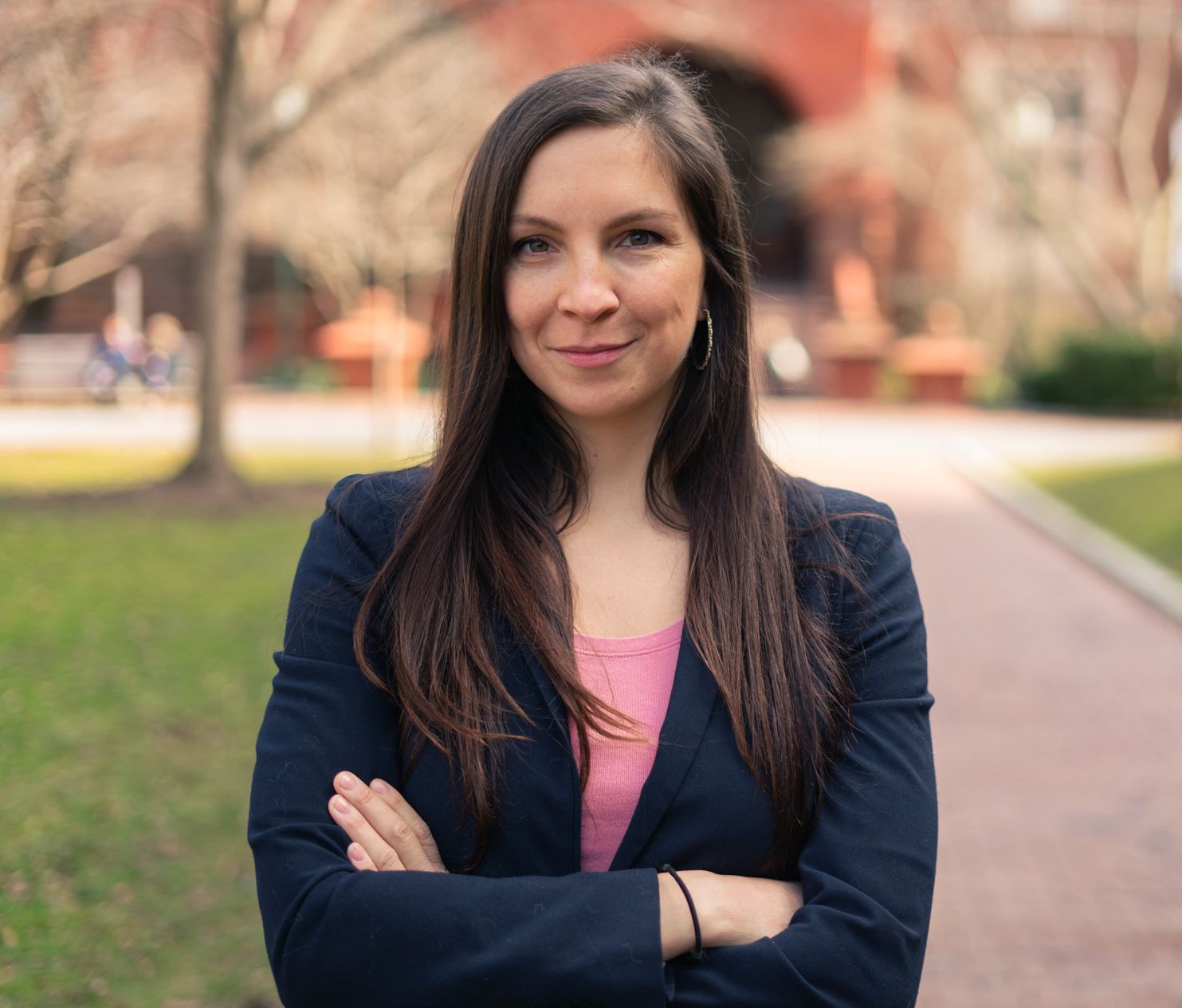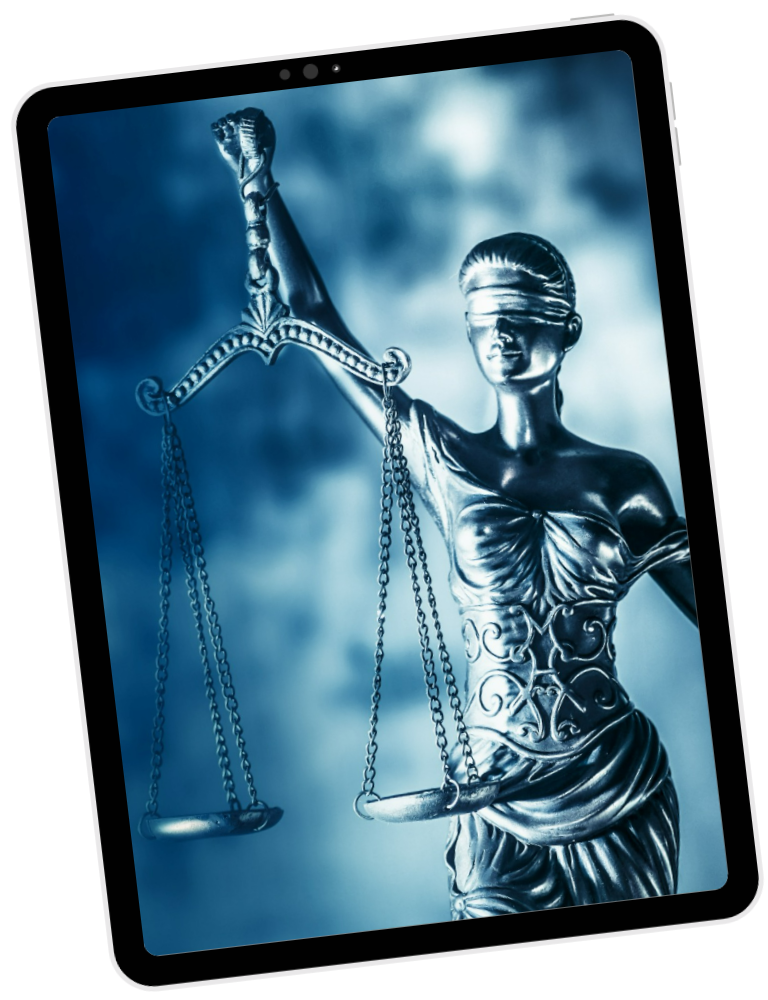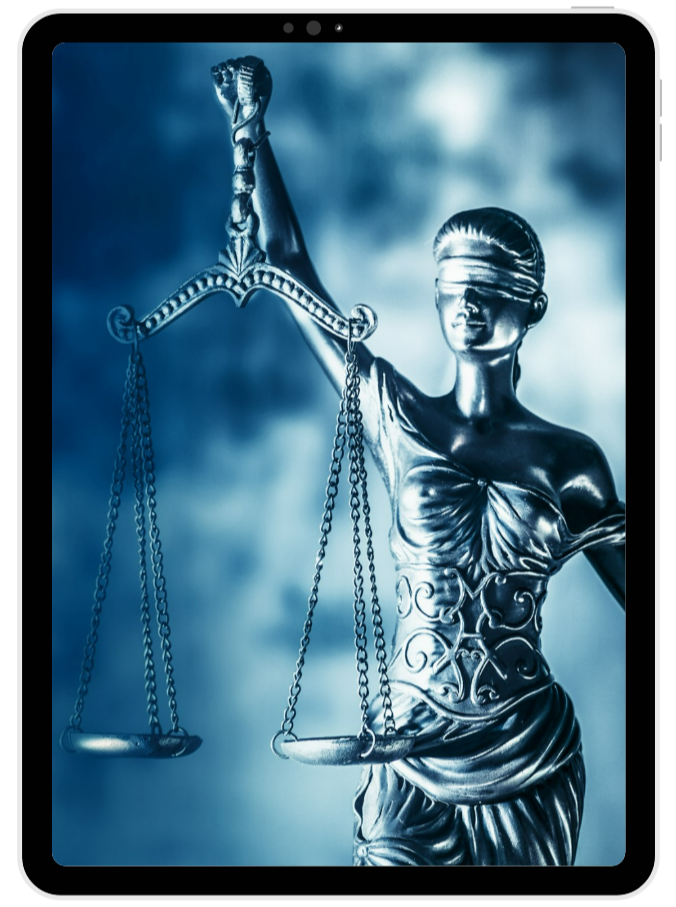Not sure how to write an NYU Law School personal statement that hits the mark?
You’re staring at a blank page, wondering how to craft a personal statement that will make the admissions committee choose you over thousands of other qualified candidates.
Here’s the truth: Your NYU Law personal statement isn’t just another essay. It’s your one chance to show who you are beyond your LSAT score and GPA.
I’ve helped hundreds of students get into top law schools, including NYU. And in this guide, I’ll show you exactly how to write a personal statement that gets results.
NYU Law personal statement requirements
NYU Law gives you something most schools don’t: complete freedom.
You can write about ANY topic that will help the admissions team understand who you are, your goals, and your potential as an NYU law student and future lawyer.
There are no strict formatting requirements or word or page limit, either.
This freedom is both a gift and a curse. While you can write about anything, you need to make every word count.
Since NYU doesn’t conduct interviews, your personal statement carries even more weight. It’s literally your only chance to have a conversation with the admissions committee.
That said, I do always recommend using a standard font like Times New Roman and aiming for two to three double-spaced pages.
When it’s all done, you’ll submit your statement through LSAC along with the rest of your application.
Now you know a bit more about the requirements, let’s talk about how to write a good NYU Law School personal statement.
How to write a successful personal statement for NYU Law
The thing is, writing a strong NYU Law personal statement isn’t just about telling a good story.
It’s about telling the right story in the right way.
And it all starts with knowing exactly what NYU Law looks for in a personal statement.
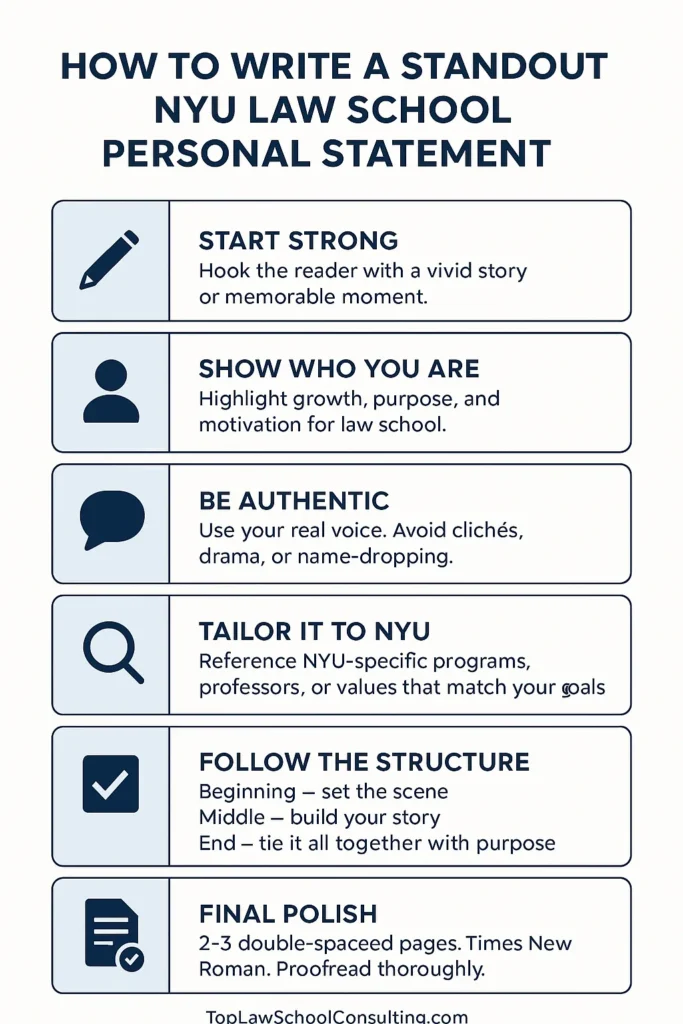
1. Know what NYU looks for in a personal statement
Your personal statement is your opportunity to share more about who you are, what motivates you, and how you’ll contribute to the NYU Law community.
So, before you put pen to paper, take time to understand NYU’s values, because you’ll want to tailor your personal statement to them.
In short, the admissions team at NYU Law is looking for students who will thrive in their collaborative, intellectually rigorous environment.
They want to see:
- Intellectual curiosity that goes beyond textbook learning
- Strong analytical thinking demonstrated through real experiences
- Clear motivation for pursuing law
- Authentic voice that shows who you really are
In other words, they want students who have succeeded academically and who will bring a sense of purpose and perspective to campus.
So, think about the experiences, values, or interests that have shaped you and how they’ve led you to apply to law school – they’ll make for a great topic.
Speaking of, let’s talk about how to find the perfect topic for your NYU Law School personal statement.

2. Brainstorm a topic for your personal statement
Finding one topic that encompasses how you think, what matters to you, and why law school is the best next step feels like a big ask, right?
That’s why I recommend brainstorming topics before writing anything.
This way, you can get all your ideas down on paper and easily pick out the best one.
The biggest mistake I see? Students trying to impress with dramatic stories that don’t reveal anything meaningful about them.
Your breakthrough story doesn’t need to be earth-shattering.
It just needs to give the admissions team a clear sense of who you are and why you want to go to law school.
Here are the brainstorming questions I recommend my students use to get started:
- What are three character traits that define me?
- What’s something that someone wouldn’t know about me?
- Why am I applying to law school?
- What do I want to accomplish as a lawyer?
- “I’ve always wanted to be a lawyer since childhood”
- Overcoming adversity without showing growth
- Famous people who inspired you (unless you have a unique connection)
For example, you could write about your childhood, “undercover” accomplishments that aren’t on your resume, and what people don’t know about you.
Start there – and don’t rush it. After all, a strong personal statement begins with the right foundation.
3. Structure your personal statement
NYU Law personal statements should flow like a compelling story, not read like a resume summary.
That means it has to be structured well.
To do this, I recommend dividing your statement into three parts: beginning, middle, and end.
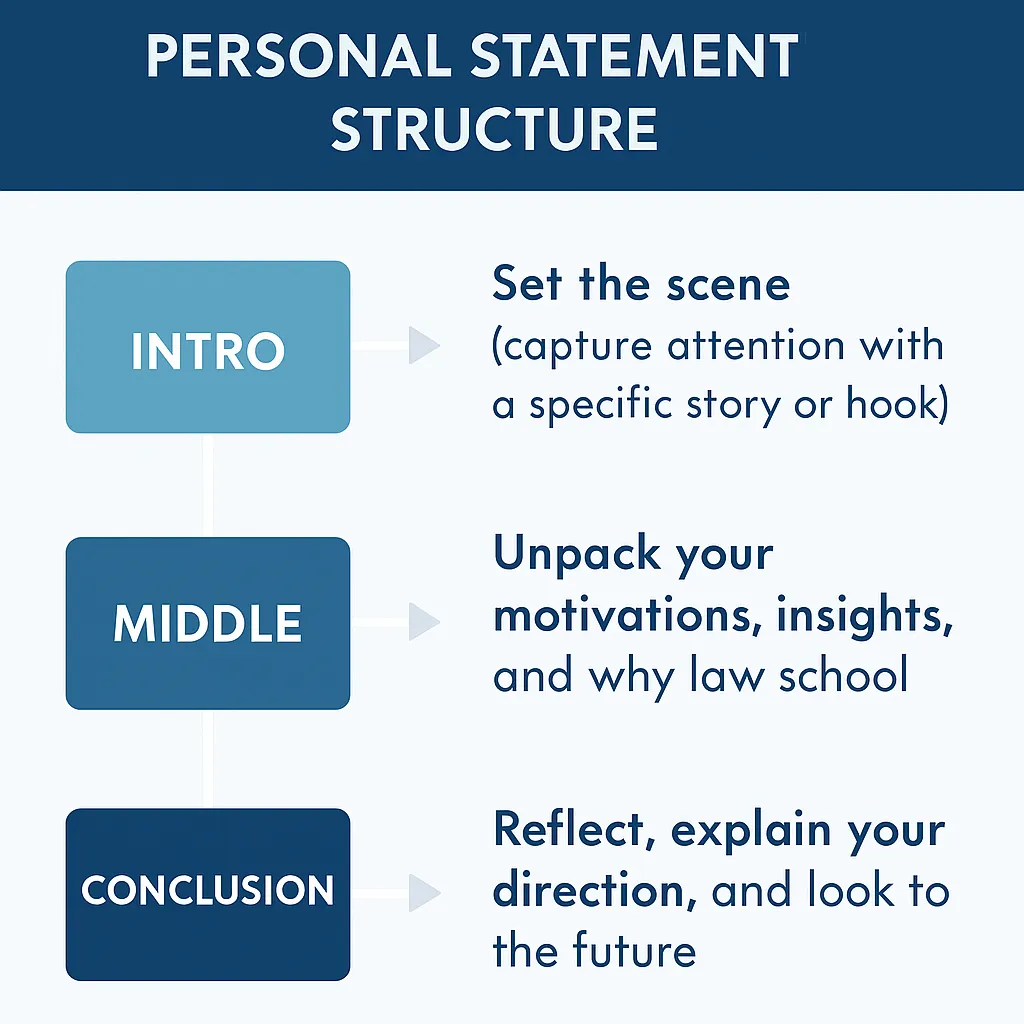
The beginning: Set the scene
Your opening is your chance to grab the reader’s attention and set the tone for the rest of the statement.
Instead of using a generic intro that talks about how you’ve always wanted to be a lawyer, use a specific moment or image that’s meaningful and memorable.
The middle: Build your narrative
This is where you dive more deeply into your experience and show how it helped you grow. Along the way, you can highlight how you think and what you value.
Each paragraph should build on the previous one, connect to the theme, and help the reader understand why you want to attend law school.
The end: Tie it together
Wrap up by reflecting on what you’ve shared and what your future in law looks like.
Remember to be specific, but don’t box yourself in! The best conclusions look forward with clarity and purpose.
4. Write your personal statement
With your topic and structure in place, it’s time to actually write your NYU Law School personal statement.
The most important thing to keep in mind? Your first draft is not your final draft.
But it IS a strong start.
So, as you write it, keep three things in mind:
- Be real: The best personal statements focus on telling the truth, clearly and thoughtfully.
- Use vivid, active, and personal language: You want the admissions team to learn who you are without making them read a polished script.
- Focus on growth, change, or clarity: This is what shows how your thinking has evolved, what you’ve learned, and why it all matters.
When you’re finished, read it out loud.
Ask yourself: Is the story clear, and does it sound like you?
This is also the time to carry out a proofread and check for any errors.
Then, ask someone you trust to take a look at it, whether it’s a professor, mentor, or admissions consultant.
It might take a few tries to get your personal statement just right – and that’s okay! The stronger your final draft, the better.
5. Include “Why NYU Law”
If NYU is your top choice, make that crystal clear in your personal statement.
But don’t dedicate a separate section to “Why NYU.” Instead, weave school-specific details throughout your statement.
Go beyond surface-level research. Look into:
- Specific professors whose work aligns with your interests
- Clinics and programs that match your career goals
- NYU’s unique approach to legal education
- Student organizations you’d want to join
- The Greenwich Village location and how it fits your vision
Ultimately, the key to a powerful “Why NYU Law” element is to make it personal.
So don’t just say something like, “NYU Law is one of the top law schools in the country, which is why I want to attend.”
Instead, write: “Professor X’s work on environmental justice litigation directly relates to my experience with [specific experience], and I’m eager to contribute to her research through NYU’s Environmental Law Clinic.”
6. Tie it together
You’ll then want to make sure that everything ties together logically.
Start by looking back at the story you’ve told and reflect on what it means.
What have you learned from your experiences, and how have they prepared you for NYU?
Then look forward.
What kind of student and lawyer do you hope to be?
Finally, tie it all together by ending on a note that feels natural, confident, and true to you.
It should pull everything together and leave no doubt as to why law school is the next logical step.
Want to see an actual NYU Law School personal statement example that helped my client get accepted? We’ll look at that next.
NYU Law School personal statement example
“Two summers ago, my house was alive with clanging pots and scuttling dogs by 5:30 a.m. every morning. By 6:30, I was sitting in the car, younger brother dozing off in the back seat as we drove across town to Bio-Med devices. By 7:10 (and not a minute later), I was waving goodbye as he disappeared into the ventilator department and finding my spot on the cramped circuits assembly line, gloves on, ready for another day of work.
If you had told me in January of 2020 that I would spend months of my sophomore year working at a medical device factory in Guilford, Connecticut, I would have probably laughed. During my interview for that assembly position, the factory manager had paused and looked at me skeptically. He asked, “Have you ever . . . held a wrench before?” The answer was no. In fact, I had never stepped foot in a mechanic’s shop before, never mind a factory. But after spending hours watching news coverage about rising COVID case rates and worsening supply shortages, I had felt an overwhelming sense of urgency. I was lucky enough to be healthy and able-bodied, and I needed to be doing something, anything, to help. I couldn’t watch from the couch when there was such a clear, pressing need, and I had the power to contribute.
The next day, I applied to the grocery store, the pharmacy, and every other essential business in my tiny town. It just so happened that I lived next to Bio-Med devices, the largest breathing equipment manufacturer in the state. I applied, and they called back right away: their breathing circuit team, previously just three people, was now over twenty strong and still struggling to fill an unprecedented number of orders. I was on the line by 7:10 a.m. the next Monday.
Only a few weeks later, I was building dozens of circuit models from memory, hauling boxes twice my size, deftly using industrial machinery, and teaching an endless stream of new hires to do the same. By the end of that summer, I had built over three thousand disposable breathing circuits by hand and shipped them to dozens of overwhelmed hospitals across the country.
I have always felt a need to be helping where it’s needed most, and my sophomore summer, that need just happened to be at the medical device factory down the street. However, this burning desire to be doing and helping is a mentality that I carry into every aspect of my life.
Starting in late high school, I watched my grandmother battle lung cancer after decades of cigarette smoking. I had always viewed her illness as the tragic consequence of an unhealthy lifestyle choice. While not incorrect, it wasn’t until I began taking health policy classes for my undergraduate degree that I saw the full picture of her declining health.
I distinctly remember my first day of class sophomore year, sitting in a packed lecture about addiction, watching as cigarette advertisements from the 1950s flicked across the screen. At a time when there was already a documented, albeit private, consensus about the carcinogenic effects of cigarettes among tobacco industry insiders, I was horrified to see cigarettes being marketed as a mood tonic, a sore throat cure, and, most disturbingly to me, a harmless diet aid. It suddenly occurred to me that it was no accident that my grandma, at the time an admittedly weight-conscious teenager, had started smoking. Her cancer was far from an accident; it was an intentional exploitation of known societal expectations and gender norms. The tobacco industry sold my grandmother a fantasy with full knowledge that she would likely pay with her life.
Sitting in the lecture hall that day, I was overwhelmed by a deep sense of urgency: Was this type of fatal corporate manipulation still happening? How was no one being held responsible? And, alarmingly, were there products being sold to my generation that would one day kill us? Disturbed, I resolved to learn more and find a way to act.
From that point on, I invested my time both inside and outside the classroom to understanding this blatant commodification of human health. I completed research projects on tobacco policy, went into local inner-city schools to teach tobacco awareness curricula, and dedicated the majority of my work at the Think Tanks and Civil Societies Program, a non-profit policy research institution, to researching how think tanks have historically facilitated corporate influence in the tobacco and alcohol policy space.
While I initially thought that a career in health policy would provide me with the best opportunity for impact, the more classes I took and research I did, the wider my eyes opened to how pervasive and ongoing this type of corporate exploitation really was and continues to be. It was then that I realized a policy career would not be enough, and only a law degree would allow me to directly hold these predatory corporations accountable.
Despite the fact that corporate manipulation of consumers has had a massive and measurable toll on public health, corporations have yet to face consequences sufficient for deterrence: During the very years I was discovering this academic passion, e-cigarette companies used sweet flavors, young actors, and bright advertisements to get children all over the country hooked on “totally safe” nicotine-riddled vaporizers that I am certain will one day take lives. An interest that started with my family has now grown into a passion for holding exploitative institutions accountable for prioritizing profit over people, and I know that a legal career is the best way to maximize my impact: I truly believe that this is where I am needed most.
I intend to use my law degree to advocate on behalf of the communities and individuals whose health and well-being is wrongfully sacrificed for a corporate agenda and whose lives have been reduced to collateral damage in an ongoing pursuit of profit. I envision pursuing a career as a mass torts litigator, perhaps focusing on toxic torts. I foresee starting my career working at a plaintiffs’ impact-litigation firm and then bringing the knowledge I gain from litigation into a more policy-related role, such as for a governmental agency or a policy-focused non-profit.”
Why this works:
The statement reveals core values and the ability to adapt and grow:
- Service to others during crisis
- Taking action when needed most
- Connecting personal experiences to broader issues
It also shows how the student’s interests in corporate accountability align perfectly with NYU’s strengths in corporate law and public interest work.
For more examples, take a look here!

Common personal statement mistakes that kill NYU Law applications
Even a well-written personal statement can fall flat if it misses the mark.
So here are a few common mistakes to avoid when writing your NYU Law School personal statement.
Mistake #1: The resume rehash
Don’t simply describe your accomplishments. The admissions committee already has your resume. Use your personal statement to reveal the person behind the achievements.
Mistake #2: The generic “why law” story
Avoid clichéd reasons like “wanting to help people” or “making a difference.” Everyone says this. Show your specific motivations through concrete experiences.
Mistake #3: The trauma dump
While overcoming challenges can be compelling, don’t make your entire statement about hardship. Focus on growth, insight, and future potential.
Mistake #4: The name-drop strategy
Mentioning famous lawyers or judges you’ve met doesn’t impress anyone. Focus on what you learned or contributed, not who you know.
Mistake #5: The last-minute rush
Great personal statements take time. Start early and go through multiple drafts. Your first draft should never be your final draft.
NYU Law personal statement checklist
Before submitting, ensure your statement includes:
Content requirements:
- A compelling opening that draws the reader in
- Clear narrative arc showing growth or insight
- Specific examples rather than general statements
- Evidence of your analytical thinking
- Natural integration of “Why NYU” elements
- Strong conclusion that ties everything together
Technical requirements:
- 2-3 double-spaced pages in standard format
- Times New Roman or similar professional font
- Error-free grammar and spelling
- Smooth transitions between paragraphs
- Consistent tone throughout
Emotional requirements:
- Authentic voice that sounds like you
- Vulnerability and self-reflection
- Clear demonstration of your values
- Compelling “stakes” that matter to you
FAQs about NYU Law school personal statement
How long should my NYU Law personal statement be?
While NYU doesn’t set strict limits, aim for 2-3 double-spaced pages. This gives you enough space to tell a complete story without losing the reader’s attention.
Can I write about law school activities or internships?
Yes, but only if they reveal something unique about you. Don’t just describe what you did—show what you learned and how it changed your perspective.
Should I address weaknesses in my application?
Only if you can do so while advancing your main narrative. Don’t use precious space just to make excuses. If you must address a weakness, focus on what you learned from the experience.
How specific should I be about my career goals?
Be specific enough to show you’ve thought seriously about your future, but don’t box yourself in. Law school changes people, and admissions officers know this.
What if I don’t have a dramatic story to tell?
The best personal statements often come from ordinary experiences that reveal extraordinary insights. Focus on moments of growth, realization, or change rather than dramatic events.
Next steps
Writing a compelling NYU Law personal statement isn’t about having the perfect story—it’s about telling your story in a way that reveals your potential as a law student and future lawyer.
Remember:
- Start with authentic experiences that shaped your thinking
- Structure your statement for maximum emotional impact
- Show your analytical abilities through specific examples
- Integrate your interest in NYU naturally throughout
- Edit ruthlessly until every word serves your narrative
Your personal statement is more than just an application requirement. It’s your opportunity to show NYU Law who you are and why you belong in their community.
Ready to write a personal statement that gets results? I’ve helped plenty of students gain admission to top law schools, including NYU. If you want personalized guidance on crafting your compelling story, I’d love to help you succeed.
Get started with your personal statement today.
Read more:



